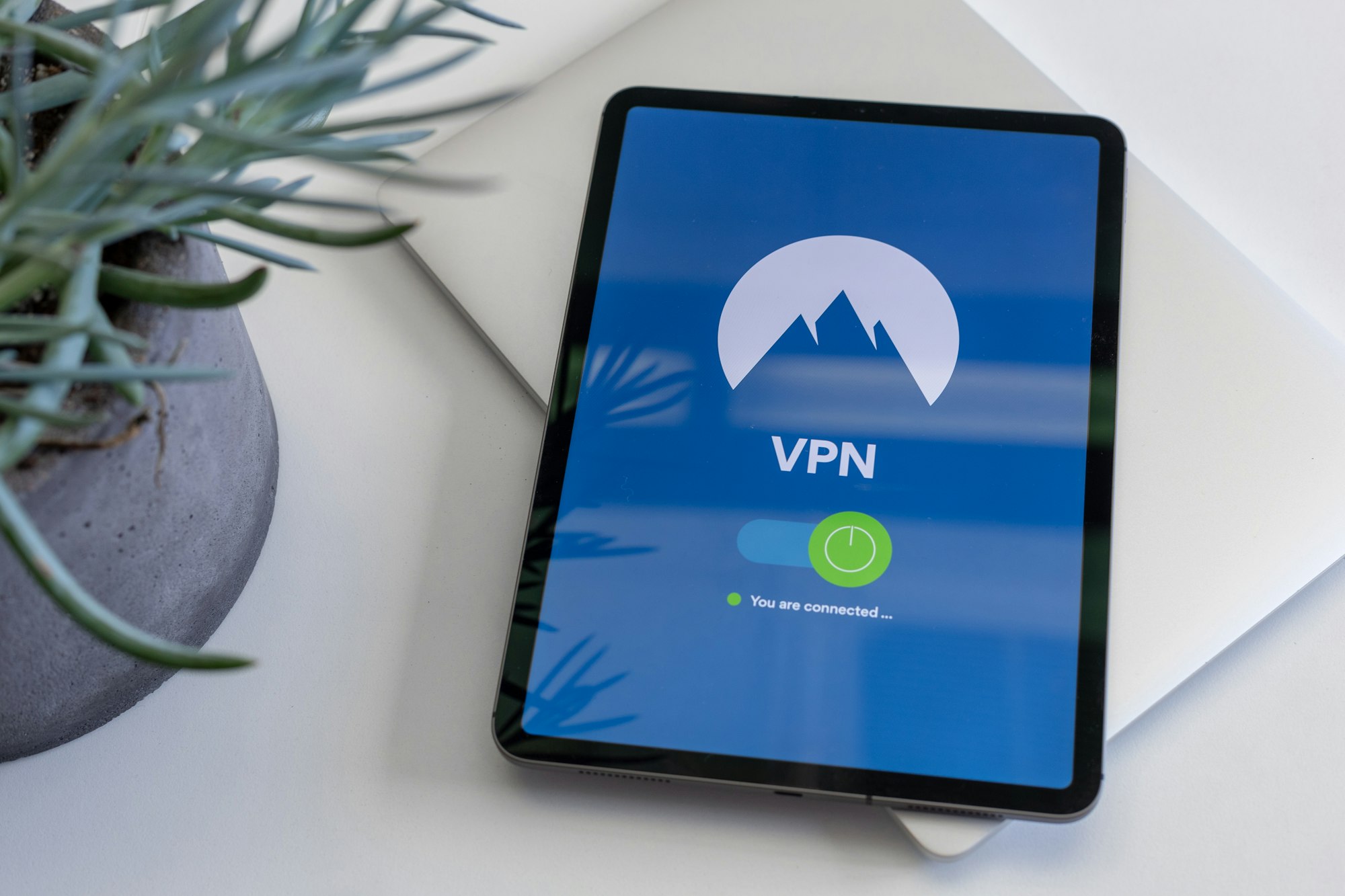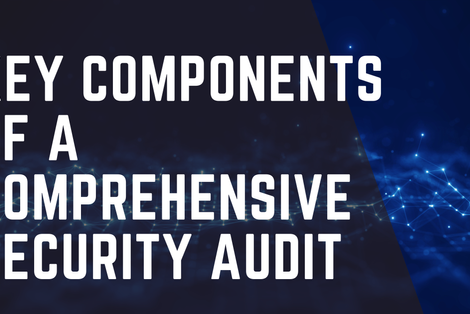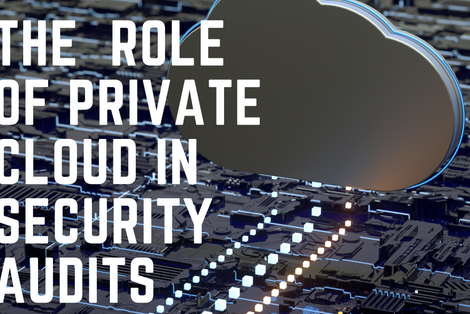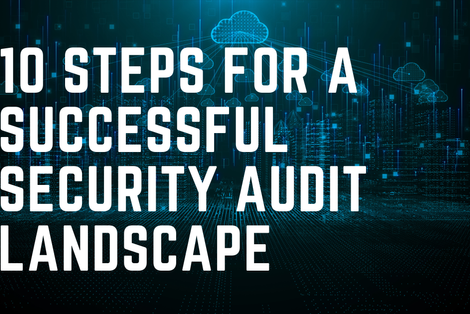According to Fortinet, Enterprise security consists of the various technologies, tactics, and processes used to protect digital assets against unauthorized use, abuse, or infiltration by threat actors.
Enterprise security focuses on data centers, networking, and web server operations. Regardless of what's protected, the strength of enterprise security hinges on the people. With the increase of social engineering, employees can cause a cyberattack to succeed.
Enterprise Security Strategy
Enterprise security needs to allow access to verified users while protecting against the threats posed by cyber attackers. One way to do this is to require multi-factor authentication to access resources.
Firewalls are an essential yet integral part of every enterprise security system. Next-generation firewalls use artificial intelligence to help protect against a broader range of attacks.Enterprise security is best applied based on the solutions ideally suited for your organization. Understand, however, that hackers will still find ways to penetrate systems, compromise hardware, and steal data.
The goal is to detect and identify intruders as quickly as possible and isolate the threat, so it doesn't spread further into the system.
Microsegmentation can play an invaluable role here— protecting each virtual machine through isolation to prevent lateral movement by an intruder.
Administrator and super-user permissions must be tightly controlled, including instant detection when unauthorized users deploy these roles. Monitoring the network in real-time increasingly includes analytics supported by artificial intelligence and machine learning to detect intruders, unauthorized data transfers, and administration power escalation issues as they happen.
Unpatched software platforms can lead to compromised networks and data breaches. Automated security upgrades improve the time spent applying critical patches.
Enterprise Security Best Practices
While enterprise security practices are tailored to the organization, we can still prescribe general rules.
- Protect data. Data is protected both at rest and while in transit.
- Regulate identify and access management. Permitting users with the least amount of required access is vital for cybersecurity. Only give users the access they need and continuously monitor that access.
- Institute disaster recovery plans. Attacks will happen. Organizations need to have procedures in place for recovering after a disaster. Downtime is costly, so it is essential to know how to get back up and running quickly.
- Train employees on cybersecurity. Regular employee cybersecurity training is imperative. Employees need to understand how to recognize and respond to threats as they occur.
- Manage endpoints. All endpoints need to be adequately secured. Implementing that security can be a challenge in the age of BYOD (bring your own device). One piece of enterprise security may be examining your company policy on allowing access to company data through devices that the company does not manage.
- Create buy-in at all levels. All team members need to understand the importance of enterprise security and be on board with the plans in place. Even the best tools will not help an organization without the commitment of everyone involved.
How Anteris Can Help
At Anteris, we make security a top priority. As cybersecurity professionals, our security services support your business and protect your data from outside threats through services such as Active Dark Web monitoring.
We pride ourselves on being lifelong learners. Being a security expert doesn't mean that someone has learned everything they need to know about cybersecurity. That's impossible. It's always changing. We know that and recognize that cybersecurity is an ever-evolving process to assess, align, and act, and keep moving forward as cybersecurity changes.
Enterprise security isn't a one size fits all thing. As a strategic managed IT services provider, we will strategize and implement the technology that will best protect your organization. Every business is different, and cybersecurity plans will reflect that. We're here to help you assess where you are now and work with you to figure out what your next move is, whether it's starting with the basics or building out a more robust plan.
We believe that education is the key to the prevention of all types of cyberattacks, and work with our Clients to provide ongoing education to make employees aware of the security dangers and provide them with the knowledge of the best practices for protecting against cyber threats.
While there is no guaranteed protection against threat, we also have best practices for recovery in the event of a security breach.
Let us make your technology freeing, not frustrating.




